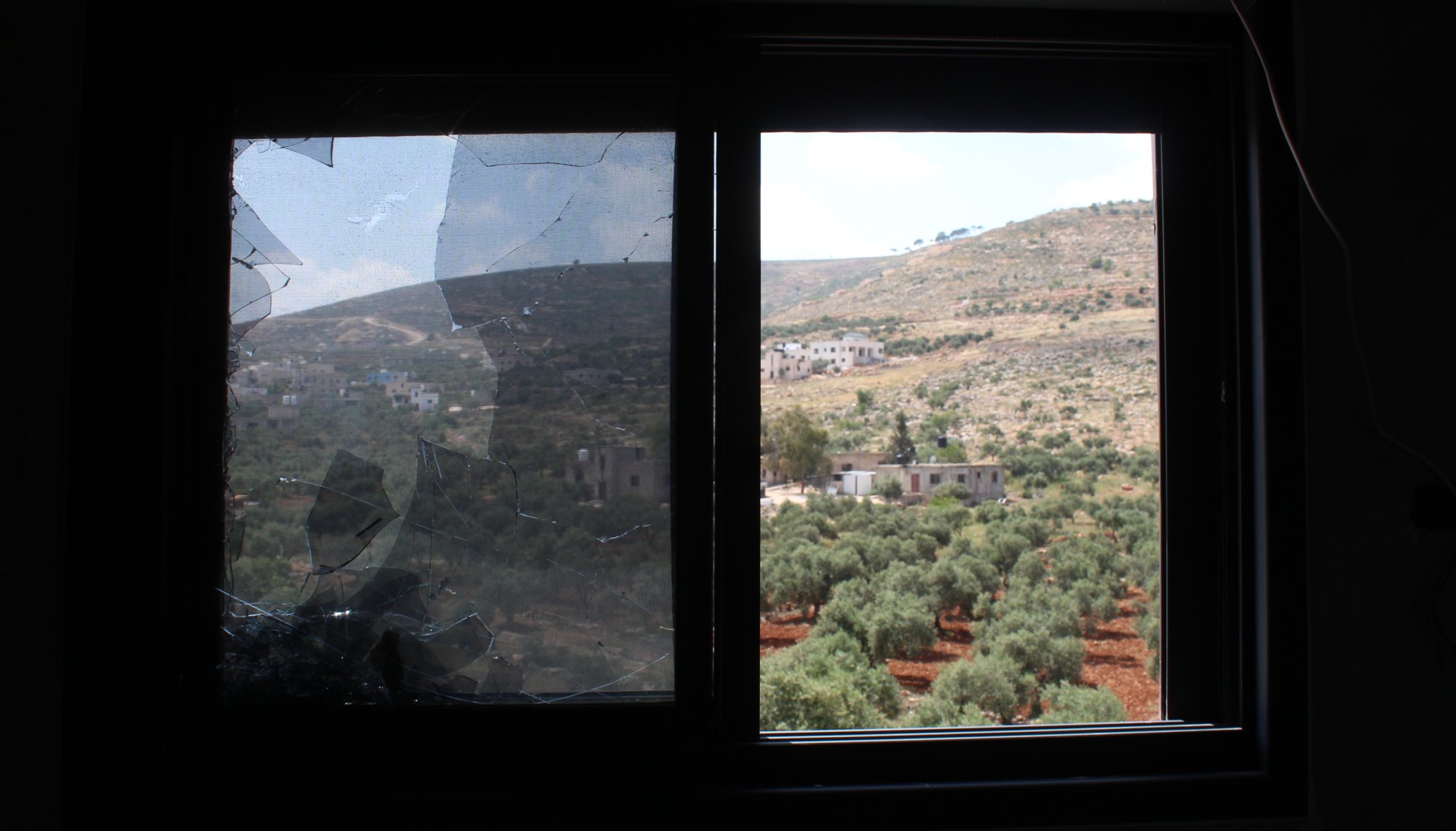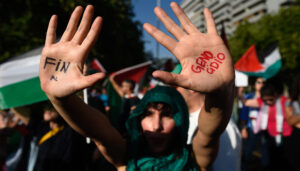
Kalimat by Batir Wardam
In the last few years, no one word has been more exploited in Jordan and the Arab World more than “reform.” As if the word had been magically discovered in a deep cave in the Arabian political desert, “reform” has been the most welcomed guest in every political project developed by the United States and European Union (EU) for the Arab World after September 11th. “Reform” has been the silver bullet for the political and socio-economic debates and conferences around the Arab World with Jordan taking center stage.
Here in Jordan, we are masters in manipulating slogans. Look back on how slogans like “Jordan First” and “We are all Jordan” have skyrocketed in billboards and official statements and how little has been implemented at the level of legislation, policies and political practice.
Reform has been a catchy word among the Jordanian liberal political elite and has been considered as a grave danger by traditional conservatives. It has been viewed as the Trojan Horse for Islamists wanting to take power under the disguise reform and then send any remaining hopes of reform to the trash. All the while, reform has been associated with Americanism by ultra Arab nationalists who are still shedding tears over former Iraqi president Saddam Hussein and desperately protecting Syria’s president, Bashar Asad.
So, who carries the flag for reform in Jordan?
To begin with, we have to define reform, and what a taunting task it can be. A plethora of definitions exists for reform. In most cases it has been ideologically polarized to suit the shallow horizon of ideology that is blinding political actors in Jordan.
First type of reform is the Islamic reform headed by the Islamic Action Front (IAF), or you can look for Arab nationalism reform based on freedom from external oppression and imperialism.
Second, there are also find traditional conservative elites in Jordan telling you that reform can be traced back to the early days of the establishment of Jordan. Third, and even more dangerous yet, are the politicized businessmen who are exclusive agents for global corporations defining reform as economic liberalization and who are selling the country and its resources to international firms through privatization. Hence, and important question to ask is, where are the Jordanian reformists then?
defining reform as economic liberalization and who are selling the country and its resources to international firms through privatization. Hence, and important question to ask is, where are the Jordanian reformists then?
The tiny minority of Jordanian reformists who are in danger of extinction still believe in the very simple framework of reform that was created in 1948. I am not referring to the state of Israel, but to the Universal Declaration of Human Rights, owned and endorsed by humanity at large.
Every principle of reform can be found in this declaration and every operational detail can be found in the global human rights framework developed by the United Nations. Reform is not rocket science and it has been made systematic by humanity roughly 60 years ago and practiced by many countries throughout the world.
Looking into Jordan’s human rights record provided online by Human Rights Watch we are far from impressive. Documentation of human rights violations in the political, economic, social, cultural and media aspects are noted. Although relatively better than most Arab countries, Jordan still has a long way to go before declaring itself as a model of Arab reform as claimed by the government.
This brings us to the very important question of whether there is a social base for reform in Jordan. The Jordanian government has done an impressive job in reinforcing the vocabulary of reform in public domains. Whether this approach is genuine or not is still questionable.
The traditional political network composed of elite families of Jordanians, government-loyal mixtures of Palestinian, Circassian and Syrian are still very reluctant to advocate for reform in the context provided above. This position is the result of either fear of losing privileges by some elites or the fear that the social and political fabric of the country will not tolerate sudden openness due to major external pressures and internal political and demographic divisions. The majority of opposition political parties have many problems in respecting and assimilating values of democracy, tolerance, social freedom, equity and multiculturalism that are the heart of the reform agenda.
Islamic and Arab national parties have always supported dictatorships in the region under the slogan of “facing up imperialism” and showed little, if any tolerance and respect for opposite ideas. Leftist parties are deteriorating and they continue to have a historical anti-regime syndrome that is causing them to be more critical and skeptical rather than participating in the reform process.
Democratic, liberal and civil political streams in Jordan are weak, scattered and almost non-effective. The social base that is needed to leverage the reform agenda in Jordan is not rooted in the traditional political landscape. Reform is almost a lost battle until a strong popular political movement arises and takes the lead.










